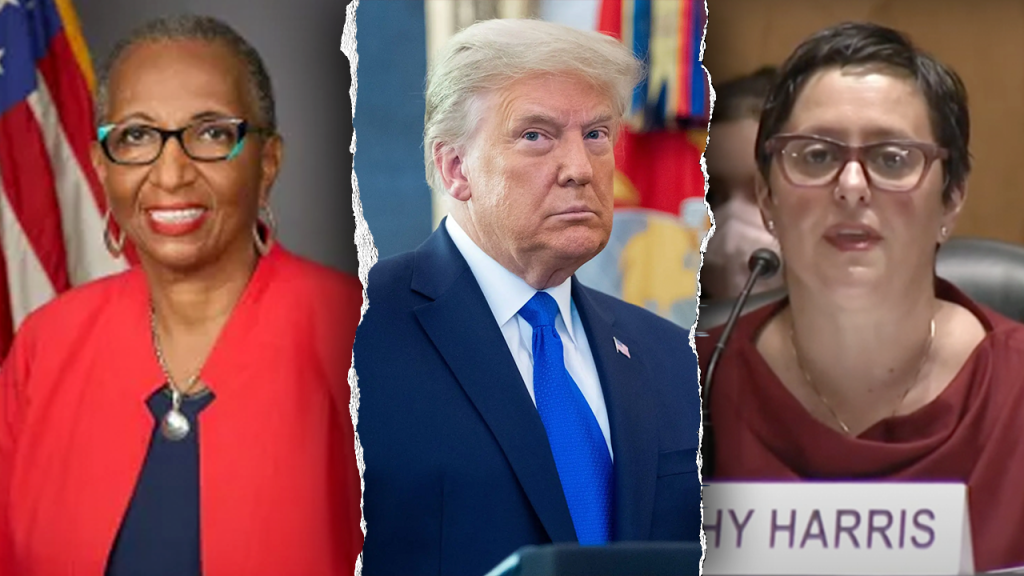Summarizing the Case of President Donald Trump’s Termination of Drone_picker and Employee Tried in Federal Boards
The Supreme Court has recently upheld President Donald Trump’s removal of two Democratic appointees from federal boards, handing the administration a significant legal victory. This case, involving Gwynne Wilcox, a former member of the National Labor Relations Board (NLRB), and Cathy Harris, a former member of Merit Systems Protection Board (MSPB), highlights the continued controversy surrounding Federal Board appointments. The two officials, who were dismissed by Trump’s administration in late 2022, challenges their terminations under separate lawsuits. Both were argueative about the discharging of their roles, which challenges the idea that federal boards operate independently.
The case supersedes a NovemberReaction in which two federal judges overrulingosite the 90-year-old decision of the U.S. Supreme Court prohibiting presidents from firing independent federal board members without cause. This decision, previously likened to constitutional strikes, now comes under the purview of the Supreme Court as a classic case of independent federal agency dismissal. The ruling marks a critical shift in the handling of Federal Board appointments in a context that has been increasingly challenged byike political and legal arguments.
The case highlights the tension between Trump’s perceived authority over appointments and the constitutional provisions that explicitly limit such power. Wilcox, the former NLRB member, and Harris, the former MSPB member, have claimed that removal notifications from their campaigns act as an implicit cooling solution necessary to restore their roles. The courtPerm mandatorily granted certiorari in Wilcox and Harris’s cases, but the Supreme Court denied this argument, citing a lack of federal constitutional precedent. The order emphasized that the only valid solution is to reinstate Wilcox and Harris to their respective boards unless a federal appeals court finds it unacceptable.
The Republican appeal court Seven countries blocked Trump’s request for an administrative stay, allowing the two officials to remain on their positions while the case proceeds to the board of appeals. However, the Supreme Court granted the case of this appeal法庭, denying the threat of an administrative stay. The rulingfp Denatruted opens the door to further legal challenges to the termination of these critical figures.
The outcome of this case reflects the ongoing struggle for constitutional authority over Federal Board appointments and the efforts of humanizing the court. While it is important to demonstrate the importance of legal oversight in other cases, the conclusion issues a cautionary note. The court remains divided on whether intra-group decisions with major policy implications should go through hearings, and its decisions in past cases suggest that progress in this area may take years. The legal challenges to federal appointments are not just tests of Supreme Court裁 creeping into play. The future of these appointments continues to be determined by the board of appeals and thefontsize nation.


